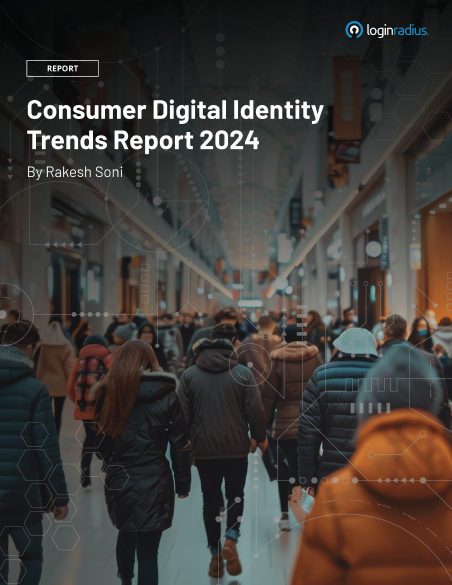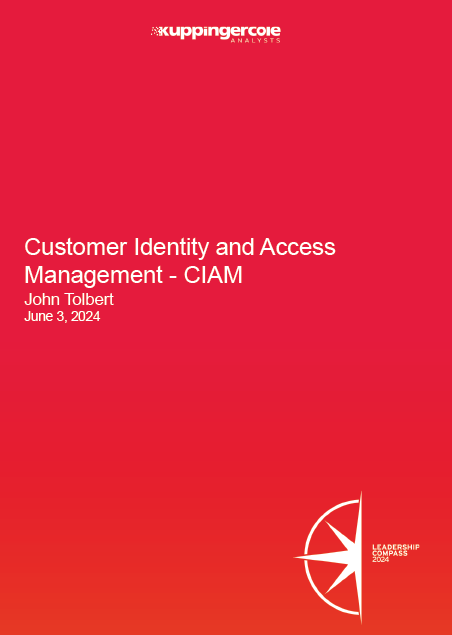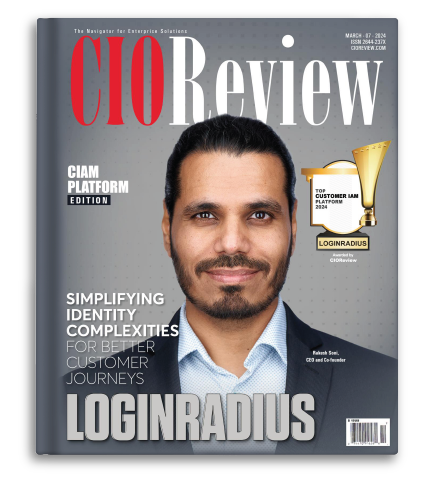With the rising number of cyber threats, effective data encryption becomes crucial for any business regardless of the size and industry type.
One of the essential methods to secure communication and mitigate data breaches is utilizing public key infrastructure (PKI).
PKI is a common term used to describe everything used to manage and establish public-key encryption, which is fast becoming the best way to secure internet encryption.
With PKI, one can ensure that data is adequately encrypted during the transit, ensuring only the authorized user can access the data.
However, many businesses aren’t yet leveraging this technique and could be on the verge of compromising their crucial business data or sensitive consumer information.
Since PKI helps authenticate the identity of the users or devices communicating with each other, the chances of a data breach become negligible.
Let’s understand what PKI is and how it’s paving the path for the secure encryption for businesses embarking on a journey to transform themselves digitally.
What is PKI
Public key infrastructure (PKI) can be defined as a framework that enables proper encryption of all the public keys, including their affiliated crypto-mechanisms.
The overall mechanism of PKI is set to efficiently and securely manage keys along with certificates associated with it, which eventually creates a highly secure environment for both applications and devices.
Where is It Used
PKI is one of the most reliable ways to secure online transactions as it establishes the identity of two or more endpoints on a network.
Businesses leveraging cloud services have a massive risk essential by unauthorized professionals or cybercriminals. Through the PKI technique, the flow of data through the network’s communication channels is encrypted. Only authorized users can access the same, eliminating any chances of sneak.
Since we’re living in a digitally advanced world where data breaches and data leaks are quickly becoming the new normal, the critical role of PKI cannot be overlooked. PKI utilizes private keys and public keys for encryption and decryption, respectively, by leveraging digital certificates.
Whether we talk about artificial intelligence or the Internet of Things, millions of devices are communicating with each other and granting and asking for access to specific resources.
Business owners relying on third-party technology vendors aren’t aware of this communication between devices, which is perhaps why there’s a massive risk for enterprises leveraging cloud services.
Suppose a cloud vendor isn’t compliant with security and data privacy regulations. In that case, the chances are that their consumers, i.e., enterprises, may face the consequences of data breach and brand tarnishing.
Hence, businesses must ensure that they’re utilizing modern encryption techniques whenever they’re storing and managing their data, primarily through cloud deployments.
Where Can You Apply PKI
Enterprises can leverage the true potential of PKI through several ways in their daily processes when it comes to secure data transfer. Here’s the list:
- Secure web browsing through SSL (Secure Sockets Layer) or TLS (Transport Layer Security)
- Secure authentication
- Secure code-signing
- Email security for encrypting messages
- File security through encrypted file systems
- Secure Browsing (via SSL/TLS)
Why is PKI the Future of Secure Communications in 2021 and Beyond
1. Minimized frauds
Since PKI authenticates the identity of users accessing the information or resources, it significantly reduces the chances of a data breach.
Through the two-key encryption systems, data is passed back and forth between two parties, and they both have a key to decrypt and encrypt the digital data. The one with the right key could access the data, which eventually mitigates the risk of a data breach during transit.
2. Authentication of devices/ users
One of the most important aspects of PKI with regards to security is the secure authentication of users and machines on a network.
Robust authentication mechanisms like PKI ensure that the devices and users are the ones they claim to be and not any unauthorized professional impersonating any other user.
3. To enable Single Sign-On
Businesses can leverage the true potential of PKI through Single Sign-On. Though PKI isn’t an SSO service through specific alterations, enterprises can also benefit from Single Sign-On through PKI.
4. Highly scalable
PKI is highly scalable when it comes to handling a massive number of users that are transacting simultaneously.
With PKI, users maintain their security certificates and certificate authentication involving data exchange between a server and client only. Hence, the need for a third-party authentication server has vanished, which is why there’s no limit to the number of users supported using the PKI.
5. To meet compliance
Different countries have set additional regulations when it comes to data storage, transfer, and collection. PKI helps businesses ensure they remain compliant with various data security and privacy regulations across the world.
No matter where they’re storing or transferring data, they can always stay compliant with government regulations with PKI.
Final Thoughts
Since the number of data breaches is surging day by day and consumer data is continuously at risk, businesses need to adopt the next level of secure infrastructure that not only offers regulatory compliance but eventually safeguards sensitive business and consumer data.
PKI is a game-changer when it comes to managing secure access between devices and users without any hassle. Businesses can add another stringent layer of security to their business process by implementing public key infrastructure.













